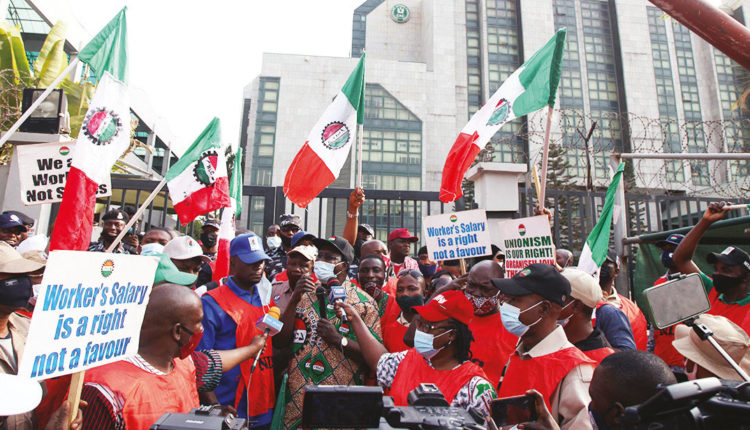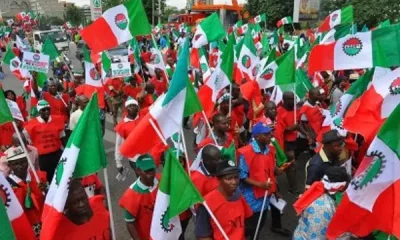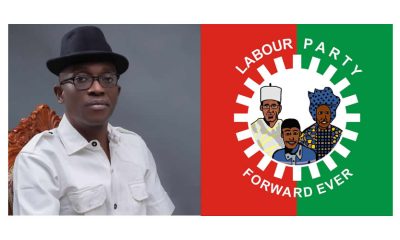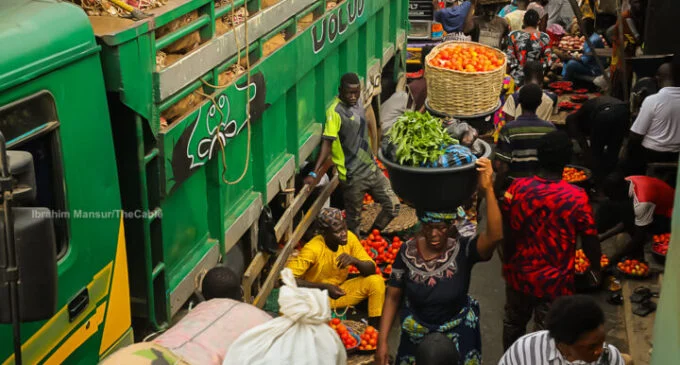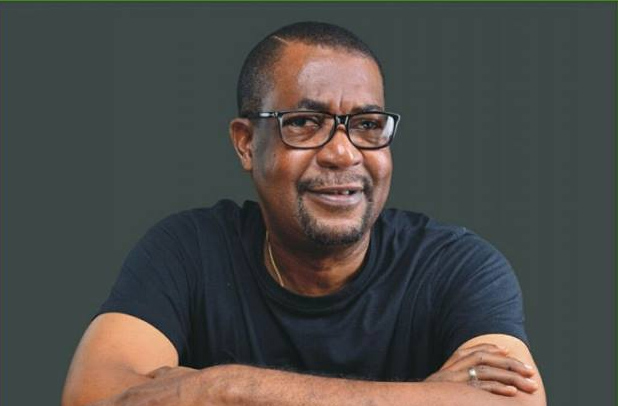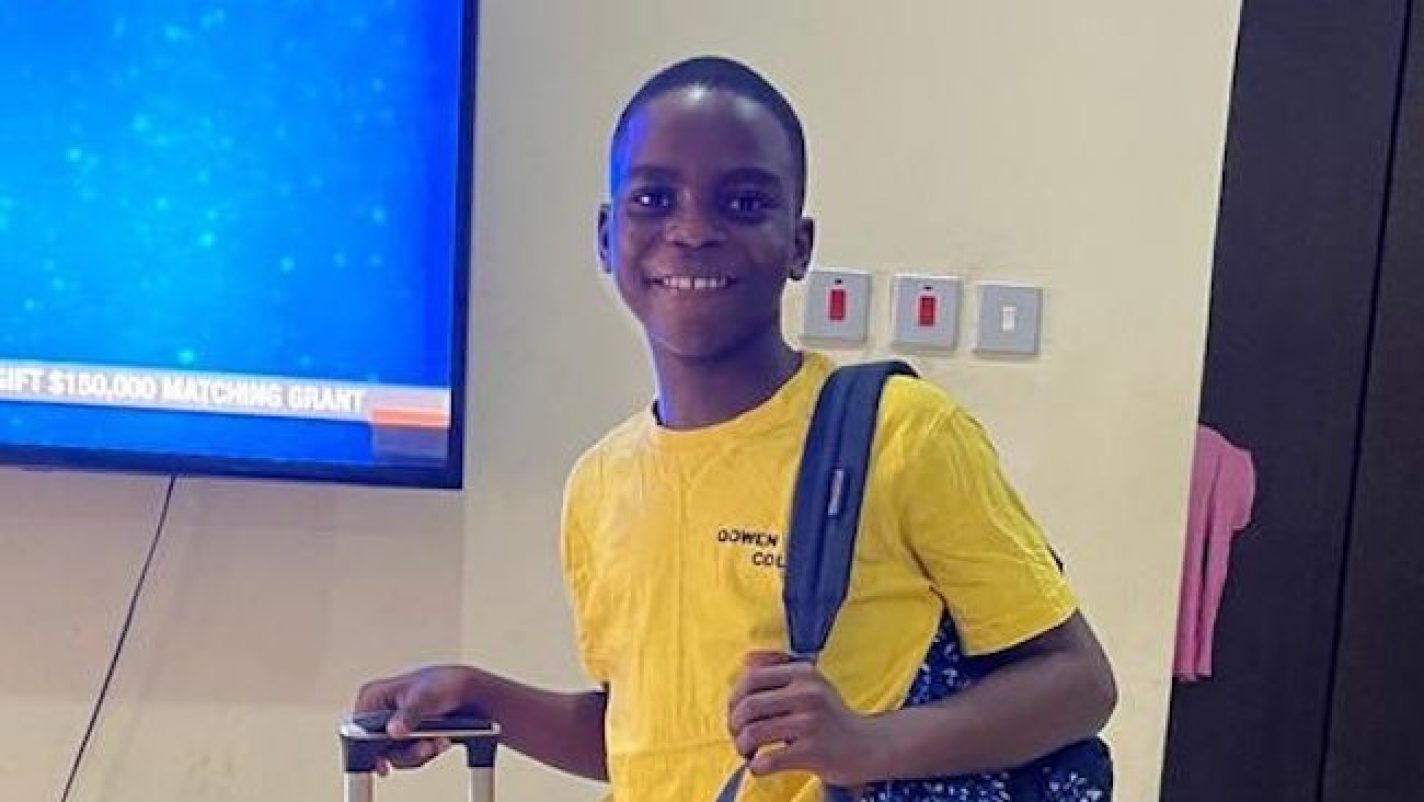Nigeria’s inflation rate rose to 33.20 percent in Mach 2024 — up from 31.70 percent in February.
The National Bureau of Statistics (NBS) disclosed this in its consumer price index (CPI) report, which measures the rate of change in prices of goods and services, on Monday.
According to the bureau, food inflation also surged to 40.01 percent in the month under review.
NBS said the March headline inflation rate showed an increase of “1.50% points when compared to the February 2024 headline inflation rate”.
“On a year-on-year basis, the headline inflation rate was 11.16% points higher compared to the rate recorded in March 2023, which was 22.04%,” he said.
“This shows that the headline inflation rate (year-on-year basis) increased in the month of March 2024 when compared to the same month in the preceding year (i.e., March 2023).
“Furthermore, on a month-on-month basis, the headline inflation rate in March 2024 was 3.02%, which was 0.10% lower than the rate recorded in February 2024 (3.12%).
“This means that in the month of March 2024, the rate of increase in the average price level is less than
the rate of increase in the average price level in February 2024.”
FOOD PRICES IS MAJOR CONTRIBUTOR TO INFLATION RATE
The NBS report further showed that the food inflation rate in March 2024 was 40.01 percent on a year-on-year basis – an increase of 15.56 percent points higher compared to the 24.45 percent rate recorded in March 2023.
NBS said the rise in food inflation on a year-on-year basis was caused by an increase in prices of garri, millet, bread and cereal, yam, dried fish, meat, and fruits.
“On a month-on-month basis, the Food inflation rate in March 2024 was 3.62% which shows a 0.17% decrease compared to the rate recorded in February 2024 (3.79%),” the bureau said.
“The fall in food inflation on a month-on-month basis was caused by a fall in the rate of increase
in the average prices of Guinea corn flour, Plantain Flour, etc (under Bread and Cereals
class), Yam, Irish Potatoe, Coco Yam (under Potatoes, Yam & Other Tubers class), Titus
fish, Mudfish Dried (under Fish class), Lipton, Bournvita, Ovaltine (under Coffee, Tea, and Cocoa class).
“The average annual rate of Food inflation for the twelve months ending March 2024 over
the previous twelve-month average was 31.40%, which was 8.69% points increase from
the average annual rate of change recorded in March 2023 (22.72%).”
The report also said Kogi, Kwara, and Akwa Ibom states spent more on food in March.
“In March 2024, food inflation on a year-on-year basis was highest in Kogi (48.46%), Kwara (46.18%), and Akwa Ibom (45.18%), while on a month-on-month basis, however, March 2024 food inflation was highest in Abia (5.17%), Cross River (5.14%), and Bayelsa (4.75%),” NBS added.
On the other hand, states with the slowest rise in food inflation on a year-on-year basis are Nasarawa (33.76 percent), Borno (34.28 percent), and Bauchi (34.38 percent).
Also, Borno (1.59 percent), Yobe (2.08 percent) and Adamawa (2.12 percent) recorded the slowest rise in food inflation on a month-on-month basis.

 News3 years ago
News3 years ago
 Entertainment2 years ago
Entertainment2 years ago
 News3 years ago
News3 years ago
 Privacy3 years ago
Privacy3 years ago
 Sports2 years ago
Sports2 years ago
 Entertainment2 years ago
Entertainment2 years ago
 News3 years ago
News3 years ago
 Opinion3 years ago
Opinion3 years ago
